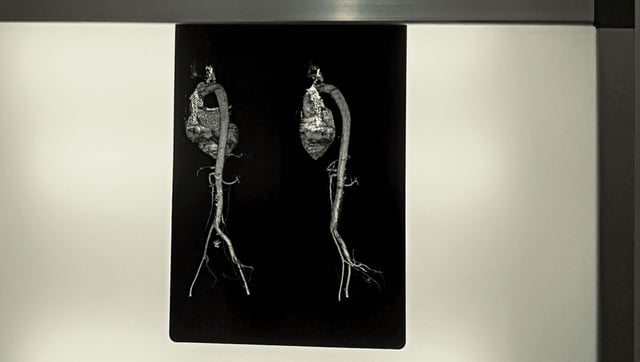Overview
- Analysis of 516 tissue samples from Chinese organ donors aged 14–68 confirms the adrenal gland shows proteomic shifts beginning at age 30.
- A systemic proteomic remodeling wave accelerates between 45 and 55 years old, driven by rising levels of the protein GAS6 and emerging senokines.
- Blood vessels, particularly the aorta, exhibit pronounced vulnerability at midlife with substantial protein changes around age 50.
- Senokines circulating in plasma may function as biological clocks that both track and propel organ aging.
- Linking tissue and blood proteomic profiles could enable non-invasive assessments of biological age and support early, targeted interventions.



